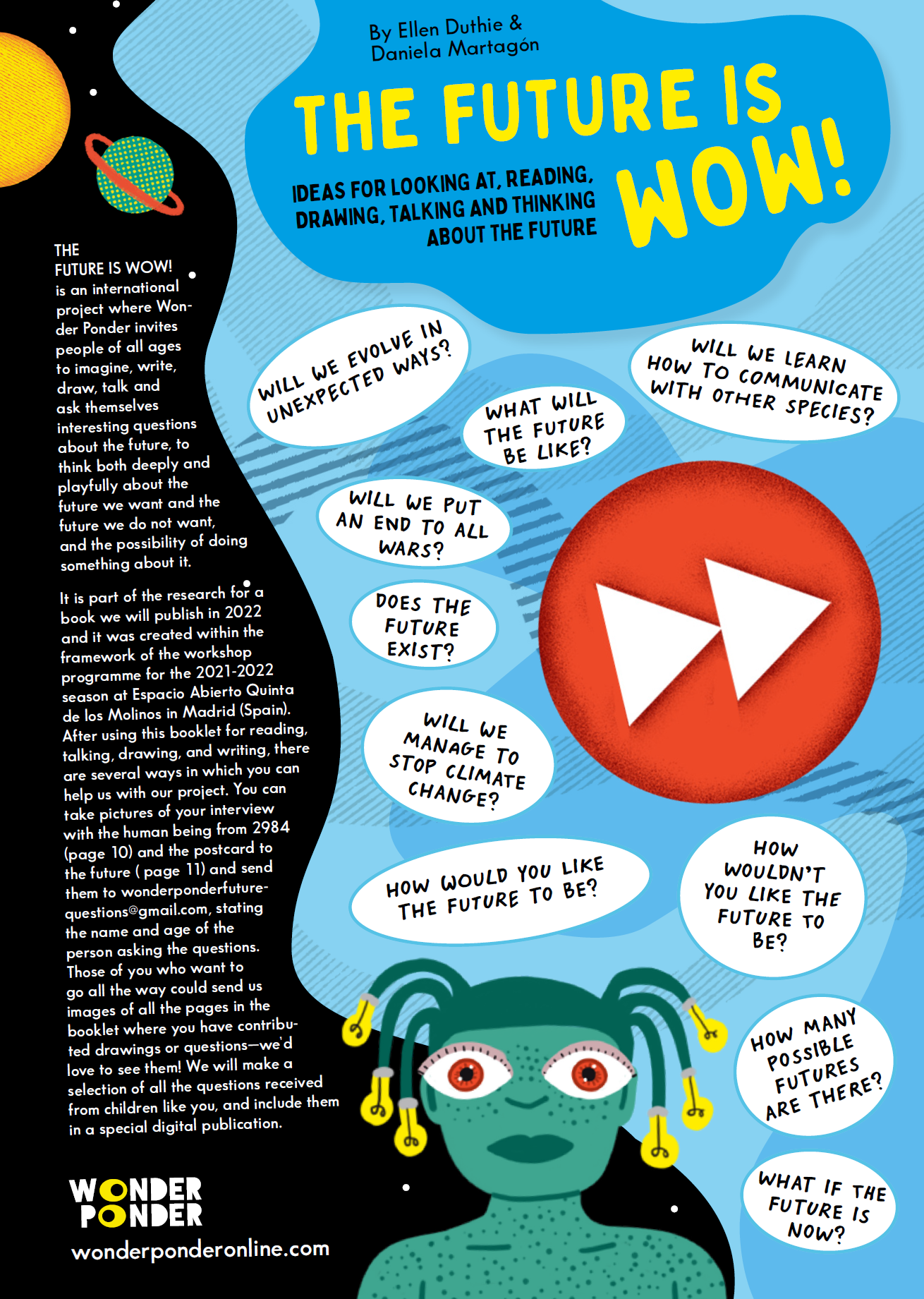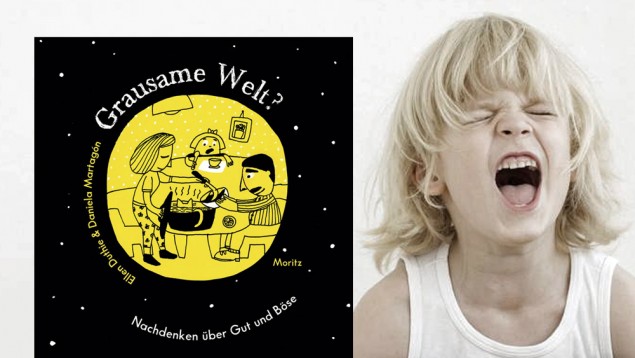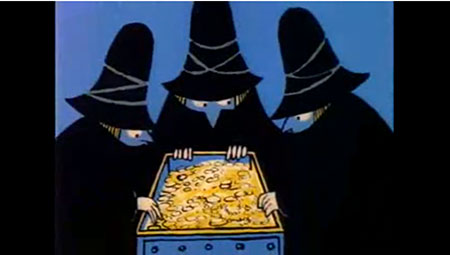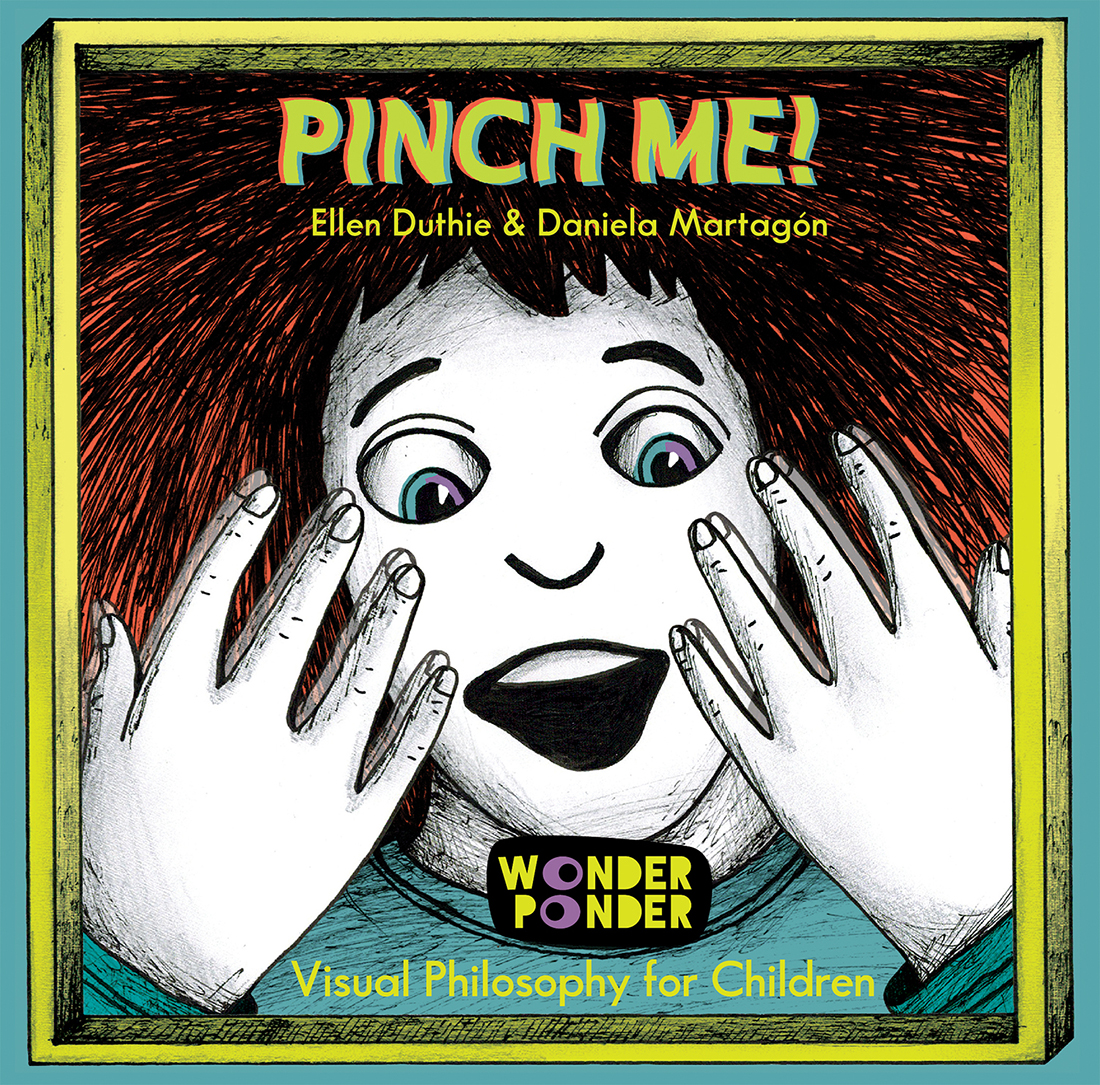THE FUTURE IS WOW! A free, downloadable Wonder Ponder booklet for thinking about the future
Ellen Duthie
An 18-page booklet created by Ellen Duthie and Daniela Martagón.
CONTENT: This booklet offers a chance to predict the future; imagine what a 100% virtual life would be like; take a walk through a gallery of inventions of the future and design your very own inventions; look at, imagine and draw possible future evolutions of the human body; prepare your intergalactic luggage for a life on another planet: what would you take?; attend a debate among Best Future candidates: which one would you chose?; have a good think about the democracy of the future; interview a dweller of 2984; send postcards to the past and postcards to the future; curate an exhibition for a future museum of the 21st century; imagine the future in full detail, look out through a window onto the worst possible future; look out through a window onto the best possible future; and drum up the courage to take part in our “A Day in 2984” short story competition (full terms and conditions in the booklet or here).
The free downloadable resources we offer at Wonder Ponder take a very long time to create and are fairly costly to produce.
It is our choice to make them available free of charge and we think it's great for them to be downloaded for free.
If, however, you would like to support our work and acknowledge the use and enjoyment you get out of our resources, you can make a voluntary contribution, that will help us to continue to create free resources and undertaking other projects such as our I, WONDER, SELF-INTERVIEWS UNDER LOCKDOWN project, where more than 100 people aged 5 to 18 took part and which has been read by hundreds of people.
Your contribution might reflect the price you think is fair for this particular booklet, or an amount for the booklets you have downloaded and enjoyed in the past and you suspect you will download and enjoy in the future.
You can make your contribution via paypal, here (please enter “I would like to make a contribution” in the note section so that we can track donations).
Another way of supporting our work is sharing it! So please, share! share! share! And enjoy!




































